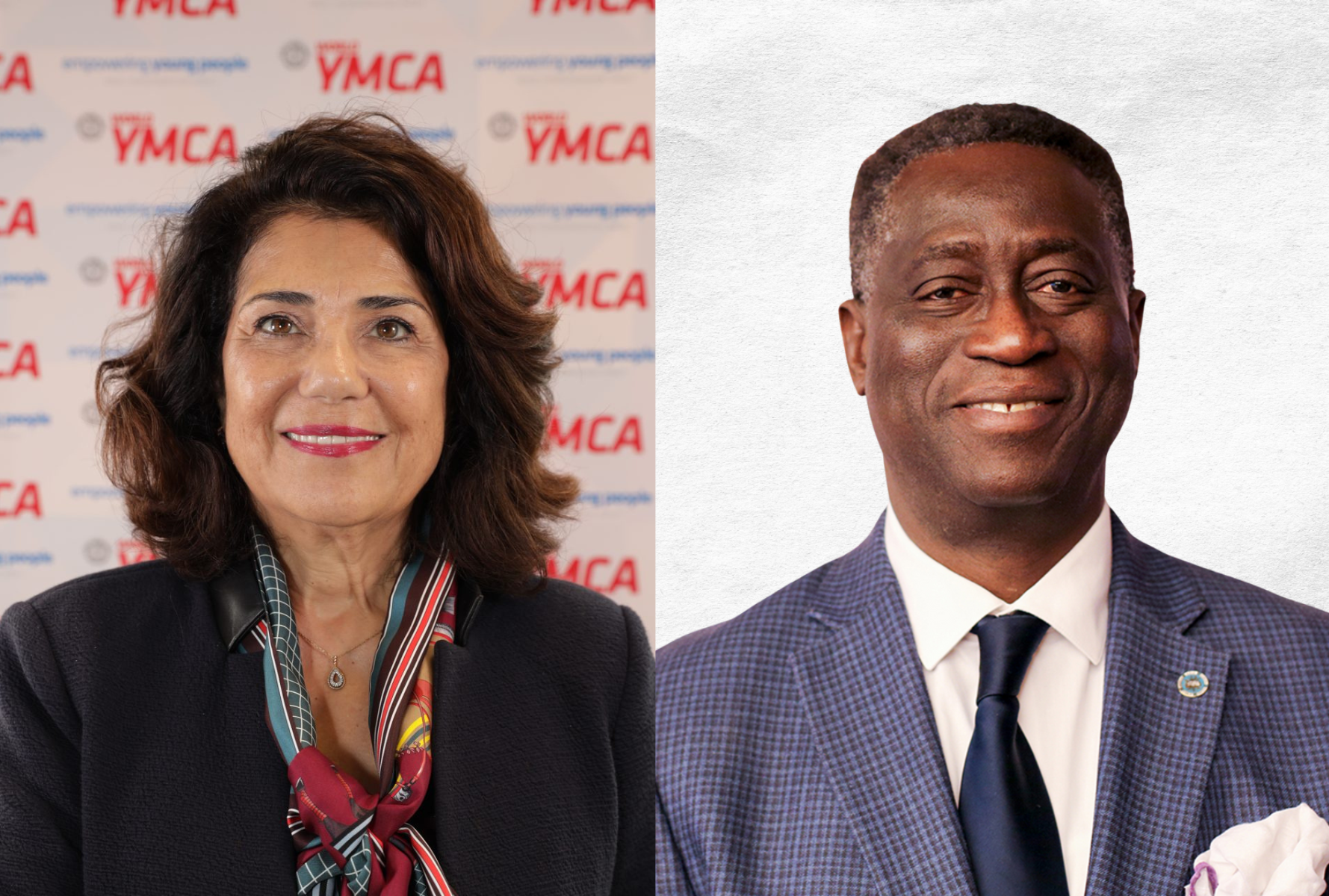World Alliance of YMCAs
Today, the YMCA movement is active in 125 countries, with over 28 million members, reaching over 60 million people throughout the world. Twenty four of these countries are in Asia and Pacific. YMCA offices worldwide are prominent for organizing youth camps, student conferences and seminars, christian value formation, day care centers, career enrichment courses, and physical fitness & heath development.
REGIONAL OFFICES
- Asia and Pacific
- Africa
- Canada
- Europe
- Latin America and Caribbean
- Middle East Committee
- USA
Asia Pacific Alliance of YMCAs (APAY)
The Asia Pacific YMCA movement is an alliance of 24 autonomous chapters bound by a common purpose of Christian caring service to the community each serves.
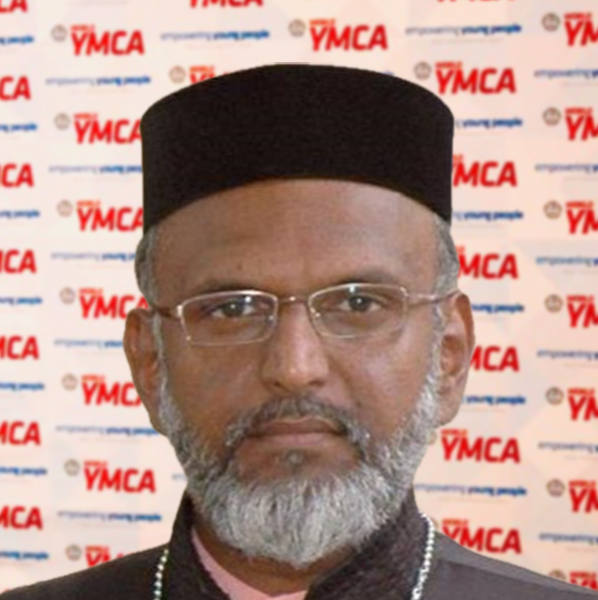
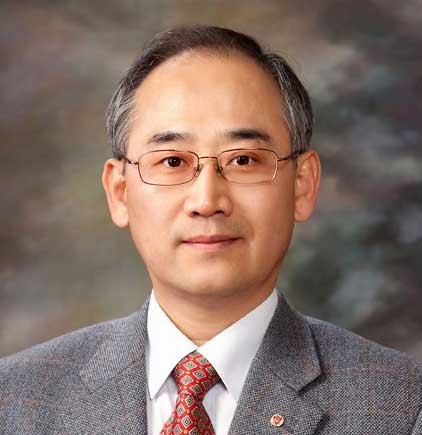
APAY OFFICE
YMCA in the Philippines
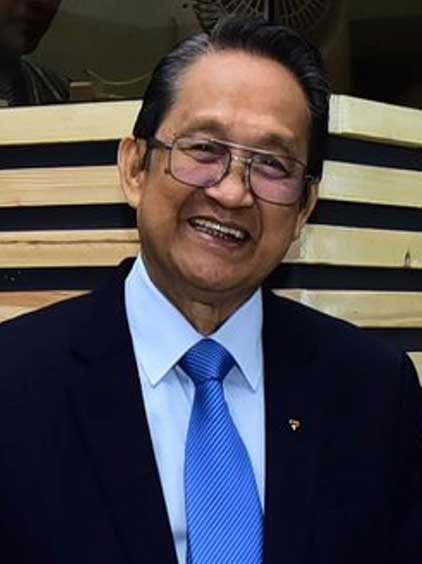
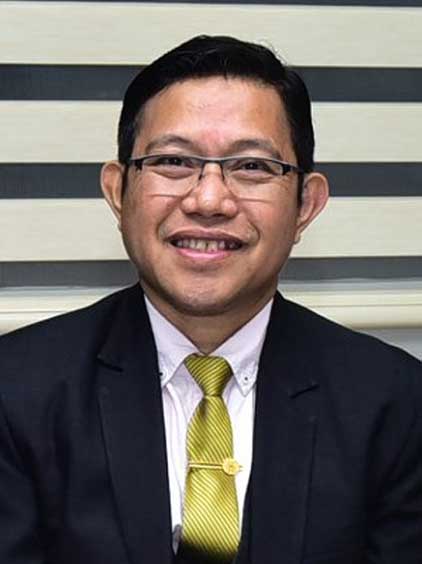
During the Spanish-American War in 1898, YMCA P.E. Directors from the U.S. were sent to handle the physical fitness activities of soldiers and their families. The YMCA was officially organized in Manila in 2007.
Professor Elwood Stanly Brown was a sports organizer who brought intensive sports promotions to the country through the YMCA. He also started the first Boy Scout troops in the Philippines.
On November 11, 1911, the Philippine YMCA waS organized with Teodoro R. Yangco, famous philanthropist, as first President. The other founding leaders of the YMCA of the Philippines included Gil Puyat, Camilio Osias, and Jose Abad Santos, who all became prominent historical figures in government and education.
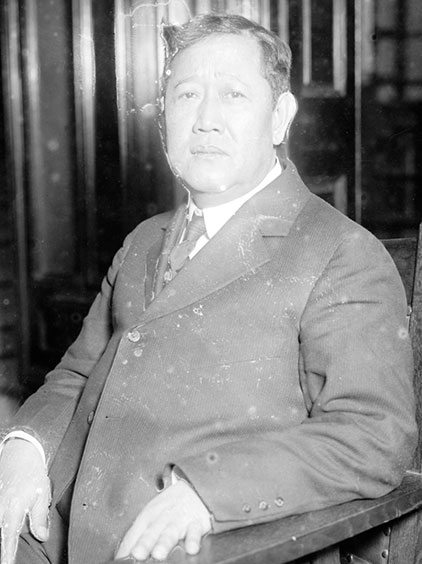
Teodoro R. Yangco
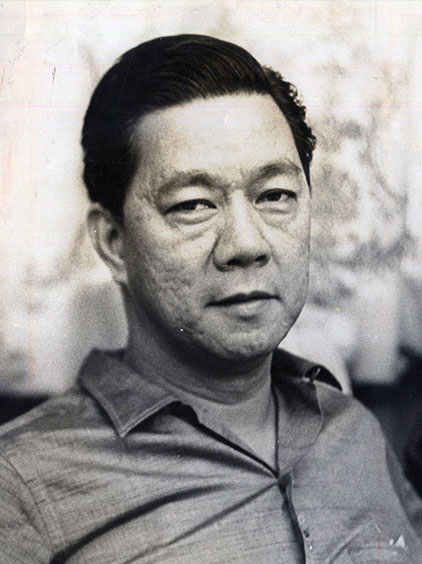
Gil Puyat
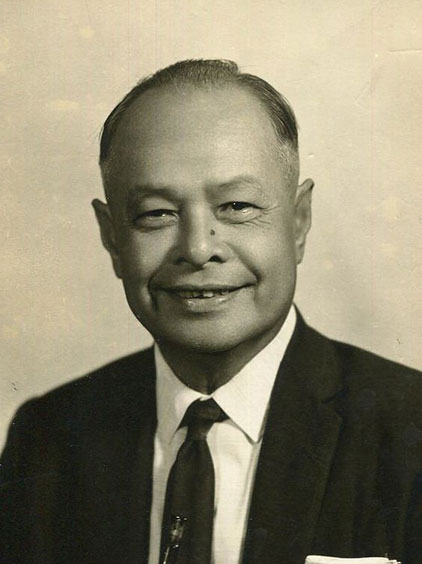
Camilo Osias
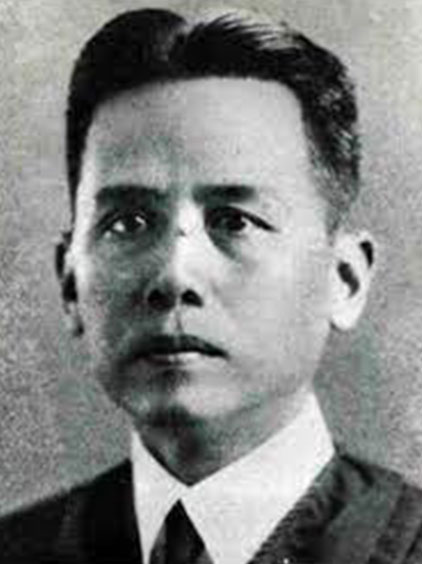
Jose Abad Santos
With its program of Christian democratic leadership focusing on the physical, mental and spiritual development of the youth, President Manuel L. Quezon said “The YMCA is one of the greatest blessings that America has brought to the Philippines.”
1911
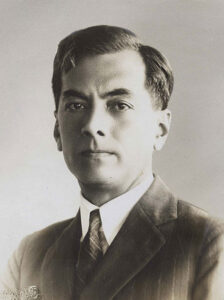
With its program of Christian democratic leadership focusing on the physical, mental and spiritual development of the youth, President Manuel L. Quezon said “The YMCA is one of the greatest blessings that America has brought to the Philippines.”
1981
During the Spanish-American War in 1898, YMCA P.E. Directors from the U.S. were sent to handle the physical fitness activities of soldiers and their families. The YMCA was officially organized in Manila in 2007.
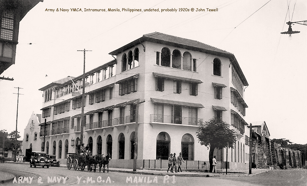

1986
In 1986, the 44 room, fully airconditioned Makati YMCA hotel was inaugurated.
Professor Elwood Stanly Brown was a sports organizer who brought intensive sports promotions to the country through the YMCA. He also started the first Boy Scout troops in the Philippines.
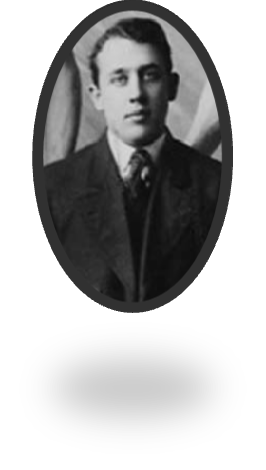
YMCA “FIRSTS” IN THE PHILIPPINES
The YMCA has pionering achievents which have contributed significantly to the country’s socio-civic development. Among its many pioneering achievements are:
- First training class in physical education for schools;
- First law school in English, which is now the College of Law of the University of the Philippines;
- First Far Eastern Athletic Meet, the precursor of the Asian Games;
- First chartered Boy Scouts troop for Filipino boys;
- First Inter-Commercial Athletic League.
- First Rural Work Camp.
- First Youth Constitutional Assembly.
- First Youth United Nations Assembly.
Today, the YMCA movement has grown sognificantly with chapters in major cities in the Philippines. Its activities cover a wide range of community service programs focused on youth development in health and fitness, education, livelihood, environment and civic involvement.
